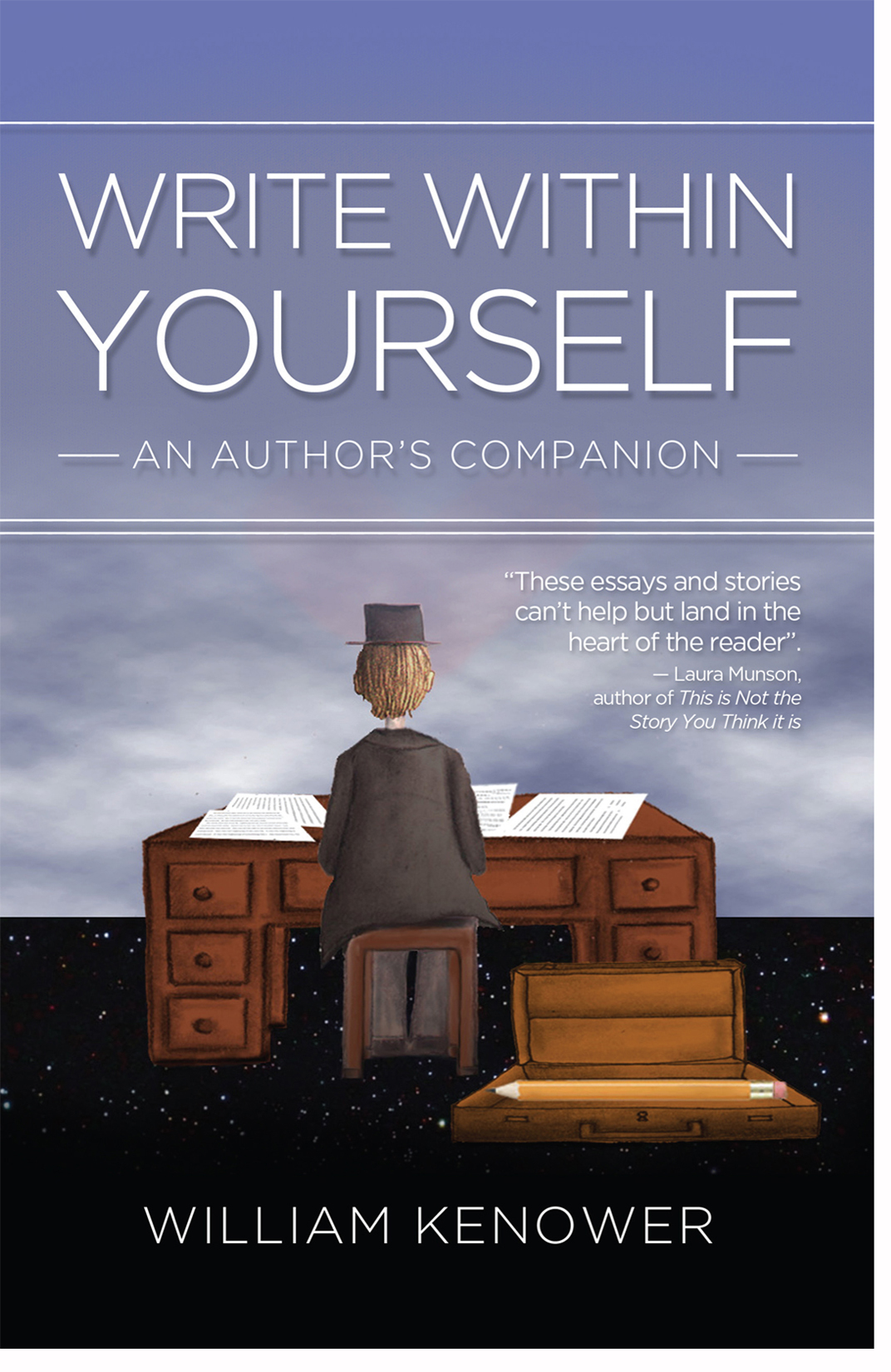Living Philosophers
I had never read a word of what is called philosophy until I was a freshman in college. Prior to that I viewed a philosopher’s work much as I did a scientist’s, which was discovering the foundational underpinnings of life. A philosopher discovered philosophical truths the way a scientist discovered the atom or the chemical components of water. Then I began to actually read the Great Dead Philosophers and I had this epiphany: These guys were just looking at life and saying, “I think this is why life is what it is.” And they’re all coming up with slightly different conclusions. Why am I reading them? I could just do that myself.
I continued to be interested in philosophy, but I found the study of it weirder and weirder. We would be sitting in a classroom and the nice and interesting professor would stand there and talk about what this philosopher or that philosopher had written, and we would all discuss it very politely and academically, as if we were considering theories about the causes of the French Revolution. I would grow restless and want to stand up and shout, “They’re talking about life! I don’t know about you, but I’m alive right now. Instead of talking about them, let’s just talk about life.”
I stopped studying philosophy. Eventually my wife would introduce me to a number of teachers. These teachers didn’t call themselves philosophers, but that’s what they were in that they looked at life and said, “I think this is what it is.” But these teacher/philosophers were not in the classroom, and they were all alive, and they talked to other living people who were suffering because life for them had become something inscrutable and unforgiving.
This seemed to me the proper and only useful application of philosophy, and I became a student again. Just in time, I suppose, as life had begun to seem a bit inscrutable and unforgiving to me. So too it must have been for all those dead philosophers I didn’t want to study. What a trap the graveyard can make of your work, turning it into something inert to be studied, as an archeologist might the bones Plato left behind.
If my own apprenticeship has taught me anything it’s that nothing ever stops moving. The moment I forget and see life as a place instead of a direction, the entire world dies, becoming something that has already happened, rather than what is happening right now.
 Write Within Yourself: An Author's Companion.
"A book to keep nearby whenever your writer's spirit needs feeding." Deb Caletti.
Write Within Yourself: An Author's Companion.
"A book to keep nearby whenever your writer's spirit needs feeding." Deb Caletti.
Remember to catch Bill every Tuesday at 2:00 PM PST/5:00 EST on his live Blogtalk Radio program Author2Author!
You can find Bill at: williamkenower.com

